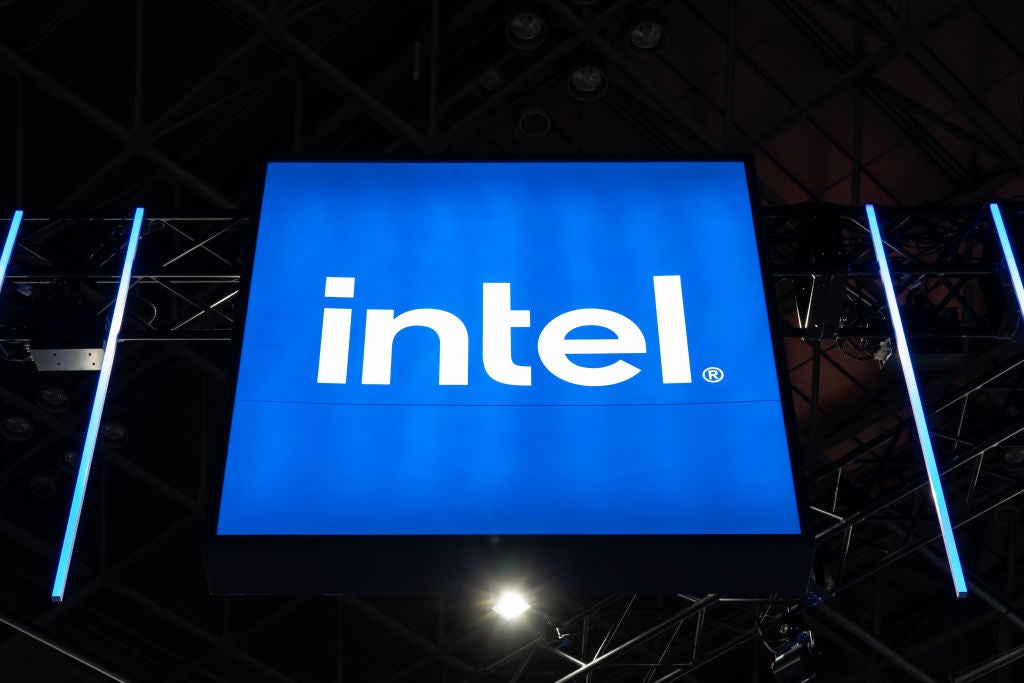
Intel will reportedly be delaying the construction of its $20bn chipmaking project in Ohio due to a slow rollout of US grant money and a challenging market.
The US company, one of the largest semiconductor chip manufacturers by revenue, had initially planned to begin making chips in 2025. However, the construction of factories that manufacture the chips is now expected to be finished at the end of 2026.

Access deeper industry intelligence
Experience unmatched clarity with a single platform that combines unique data, AI, and human expertise.
The US Chips Act, brought in by US President Joe Biden’s administration, has earmarked $39bn in manufacturing grants to cover as much as 15% of the total cost of chip projects up to $3bn.
The US is aiming to announce the grants by the end of March. Intel said the release of the grants will affect how fast the project moves.
At the end of January, Intel issued a forecast for the first quarter (Q1) of 2024 which fell below market estimates – causing the company’s stock to fall by more than 10%.
Intel, like other companies, has been suffering through a PC industry slump for two years, but signs of growth have returned. Intel reported $8.8bn in Q4 2023 sales, marking an increase of 33%.

US Tariffs are shifting - will you react or anticipate?
Don’t let policy changes catch you off guard. Stay proactive with real-time data and expert analysis.
By GlobalDataIntel’s project delay comes as Big Tech increases its spending exponentially on artificial intelligence (AI), bolstered by the rise of generative AI (GenAI) demand.
AI and GenAI require huge amounts of power, which fuels the need for more costly data centres and servers.
Matt Iliffe, CEO at Beyond, previously told Verdict that the primary cost for AI development is the infrastructure to support the huge compute needed to support GenAI.
“As adoption increases, investments in infrastructure will increase with it,” Iliffe said.
GlobalData predicts that the AI arms race in 2023, which saw companies rush to create their own large language models, will transition to the ‘AI chip race’ in 2024.
This will be seen in not only Big Tech companies but also among start-ups, which will look to create their own proprietary chips, according to the report.
GlobalData forecasts that the overall AI market will be worth $909bn by 2030, registering a compound annual growth rate (GAGR) of 35% between 2022 and 2030.
In the GenAI space, revenues are expected to grow from $1.8bn in 2022 to $33bn in 2027 at a CAGR of 80%.







